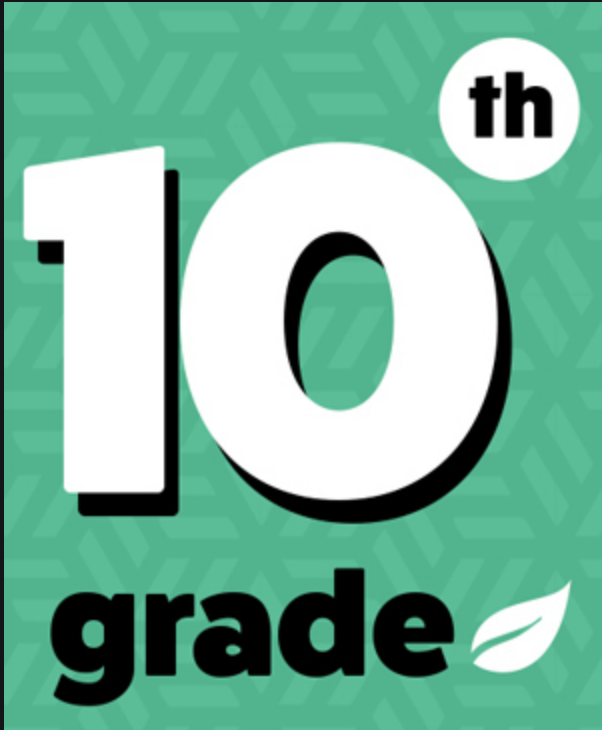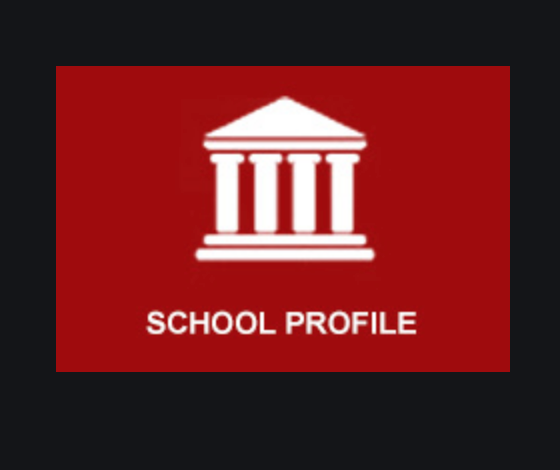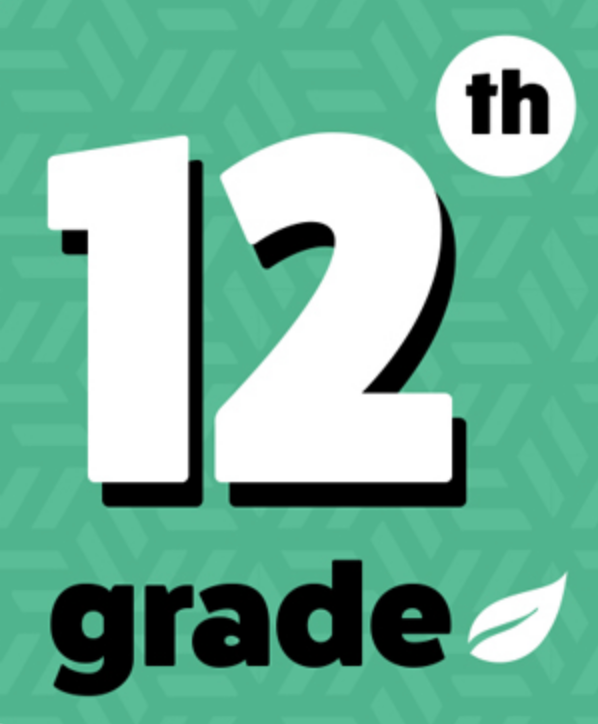There is probably nothing more important in college admissions than staying organized and on track. Juniors — here is your step-by-step college admissions checklist for May and June.
Stay Focused on Academics –
Don’t be a victim of Spring Fever. Final grades are around the corner. Finish on a high note by taking your schoolwork seriously.
Prepare for End-of-Year Exams –
Semester and final exams usually count significantly toward your final grade. At some schools a non-passing A.P. exam score will negate bonus points on your GPA. Some schools ask to see A.P., I.B. and AICE exam scores when you apply for admission. Many colleges award credit or advanced placement for strong performance in college-level courses taken during high school.
Attend College Nights, Fairs, Presentations & Information Sessions –
Keep your eyes open for college presentations, fairs and meetings in your local area. Your school’s guidance office may post them. You may also receive invitations directly from colleges, commonly after joining their mailing list. Some events (e.g. exploringeducationalexcellent.org and exploringcollegeoptions.org) are hosted by a group of colleges and universities. NACAC (www.nacacnet.org) College Fairs are held throughout the country and provide an excellent opportunity for students and parents to interact with college and university admissions counselors.
Set Up a College Admissions Email Account –
If you don’t have one already, set up an email account to use for college admissions. Avoid user names that an admissions officer might find inappropriate or immature. You’ll often be asked for an email address when you attend school presentations, college fairs and register to receive information.
Familiarize Yourself with the Common Application –
Each year’s application becomes available online on August 1st. New Common Application essay prompts for the 2013-2014 application year have already been announced. Preview versions (which also include the teacher evaluation and school report forms) can be found on the Internet. Keep in mind that many colleges and universities that utilize the Common App also request supplements (additional essays).
Be Involved and Build Your Resume -
Seek out opportunities to “stand out” in a positive manner — tangible accomplishments & achievement, leadership, ingenuity, tenacity, intellectual curiosity.
Meet With Your School Guidance Counselor –
If you haven’t done so already, schedule an in-person meeting. Most likely, your school counselor will be writing your “School Report” recommendation / evaluation. Confirm that you are on track to meet graduation requirements and ask about curriculum planning, class rank, award opportunities, college and scholarship suggestions, etc. Review your transcript and senior year course choices to make sure everything is correct. Have your parents join you, if appropriate.
Register and Prep for the SAT, ACT and Subject Tests –
The SAT is given seven times a year — in October, November, December, January, March, May and June. The ACT is administered six times a year — in September, October, December, February, April and June. There are regular and late deadlines for each testing date. Many students complete their testing in the Spring of Junior year while others study during the Summer and retest in the Fall. The following resources can be helpful:
- TestRocker for SAT (Use InLikeMe Discount Code for $50 off until June 30, 2013)
- Official SAT Study Guide
- The Real ACT Prep Guide
- Princeton Review – Cracking the ACT
- Dr. John Chung’s SAT Math
- Painless Grammar (ACT)
- Word Power Made Easy (SAT and ACT)
Research Colleges, Universities & Majors — Compile Your Preliminary List –
You may have a clear image of your perfect-fit school or no sense at all. Giving thoughtful consideration to what is important (to you) in terms of academics, size, prestige, location, cost, campus, activities, athletics and recreation is an essential first step. Learn about schools and majors with the goal of compiling an initial college list divided into three categories: reach, match and likely. Many colleges and universities give you the opportunity to request information by joining a school’s mailing list or by creating a prospective student account. The following resources can be helpful:
- Fiske Guide to College
- Colleges That Change Lives
- College Navigator
- Big Future (College Board)
- YOUniversitytv.com
- Unigo.com
- College Prowler
- CollegeXpress
Visit Colleges: Sign up for Campus Tours and Information Sessions –
While it’s best to visit when school is in session, you can get a feel for a college almost any time. Sign up for (and attend) tours and information sessions when possible. Register (sign in) at Admissions office when you visit. Some schools log student visits and look favorably on “demonstrated interest”. If you are planning a vacation, or visiting relatives, think about nearby colleges that may interest you. If you can’t visit in person, you may be able to take a virtual tour online. If you are visiting in person, and the school is of interest, investigate appropriate opportunities to interview and/or meet with sports coaches, music directors, etc.
Get Organized –
Create a spreadsheet to keep track of college application deadlines, scholarship opportunities, application types (e.g. early decision, early action, rolling, regular), testing requirements, supplements, interview options, and supplementary materials (e.g. art portfolios, dance, music and theater DVDs) and estimated costs.
The Admission By Design Student Portal (powered by MyCCA.net) has robust college and scholarship research capabilities along with time-saving organizational tools to manage your college list, related deadlines, requirements and milestones. Use of the Admission By Design Student Portal is available to non-consulting clients on an a la carte basis.
Brainstorm College Application & Scholarship Essays –
Most competitive colleges require at least one essay. Familiarize yourself with essay prompts from the Common Application and other schools that you are considering. While prompts may change from year-to-year, thinking about essay topics and how to best portray yourself can help prevent a brain freeze when you sit down to write your application essays. Thinking ahead will also give you time to enhance your raw material (e.g. activities, leadership positions, summer jobs, internships, advanced courses, community service).
Get a Jump Start on Recommendations –
Recommendations from your high school counselor and teacher(s) are required when you apply to many colleges and universities. Plan ahead. Consider whom to ask, and how they can support your candidacy. Approach teachers before the end of junior year about writing a favorable recommendation for you. Some teachers are overwhelmed with requests and limit the number of students for whom they write recommendations. Your resume and some writing points can be helpful.
Review Your Online Persona –
Examine your information on Facebook and/or other social networks. Consider updating or deleting content that might not be viewed favorably by college admissions officers.
Compile Information for Your Admissions Resume or “Brag Sheet” –
Your College Admission Resume is a special resume that highlights your accomplishments during high school. It can be tremendously helpful when you fill out applications, meet with interviewers, ask for recommendations, and apply for scholarships. You’ll find various posts about composing your resume at InLikeMe.com
Recalculate Your GPA –
Some colleges and universities have minimum GPA thresholds. Often these schools count only core academic courses and give bonus points for advanced classes. For my Florida clients, we typically use the UF (University of Florida) methodology.
Evaluate your Finances –
College affordability is an important component in finding the right schools. A bit of searching should lead you to find a College Cost Calculator (or estimator) on each institution’s web site. Other tools such as the Common Data Set, finaid.org, the FAFSA.ed..gov website, and the Admission By Design Student Portal can helpful as well.
Use Your Summer Wisely –
Summer is the perfect time to enhance your resume by reaching beyond your comfort zone and pursuing activities that could (1) help positively distinguish you as a candidate (2) help you clarify your interests and career goals and (3) may lead to compelling application essays. It can also be an excellent time to (1) research colleges, (2) prep for entrance exams and (3) take classes (in person or virtual). May is a good time to finalize your summer plans.
Author:
Lynn Radlauer Lubell, Publisher of InLikeMe.com and Founder of Admission By Design, an Educational Consultancy based in Boca Raton, Florida.

Lynn Radlauer Lubell, Publisher of InLikeMe.com and Founder of Admission By Design, an Educational Consultancy based in Boca Raton, Florida.



